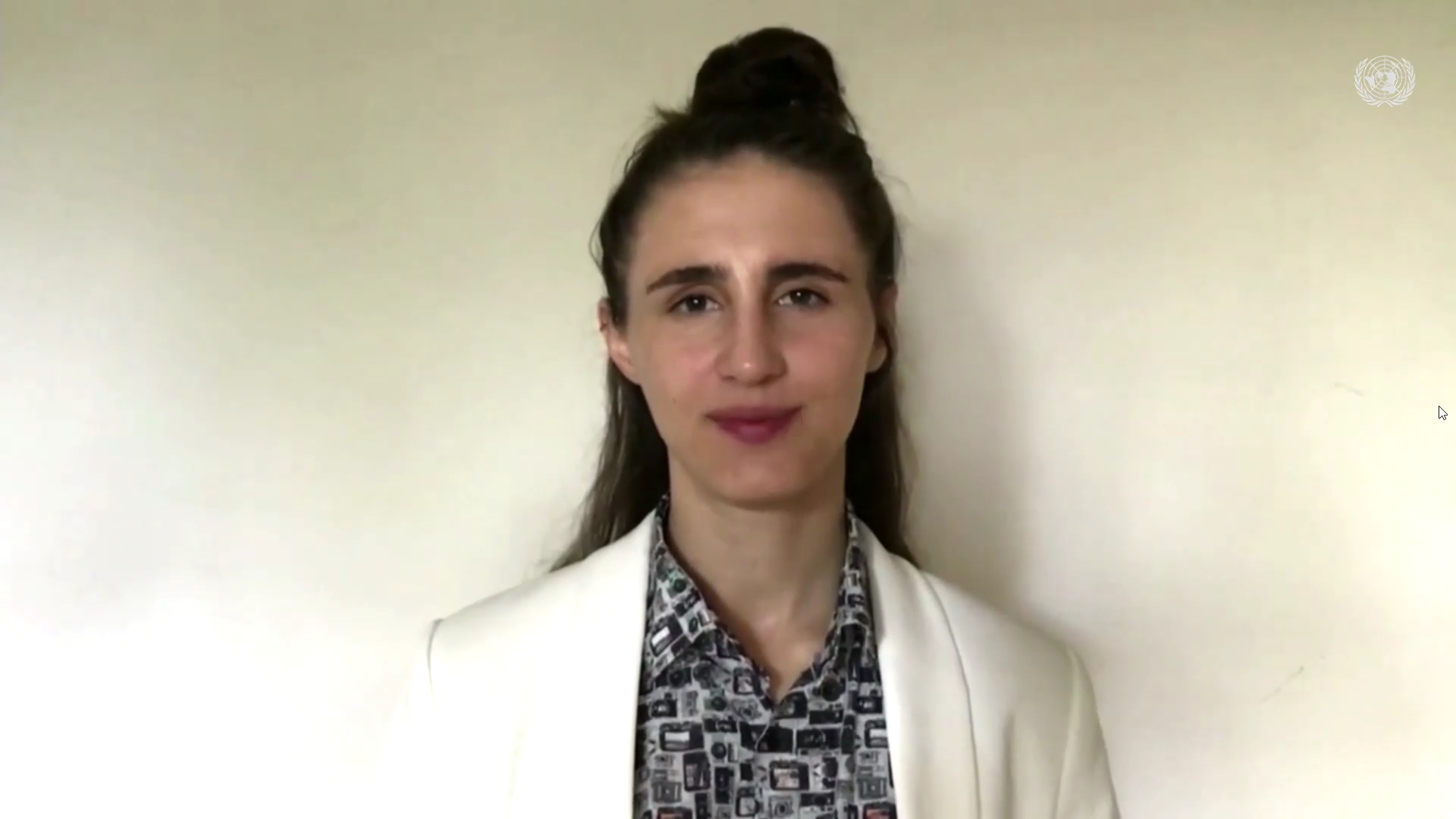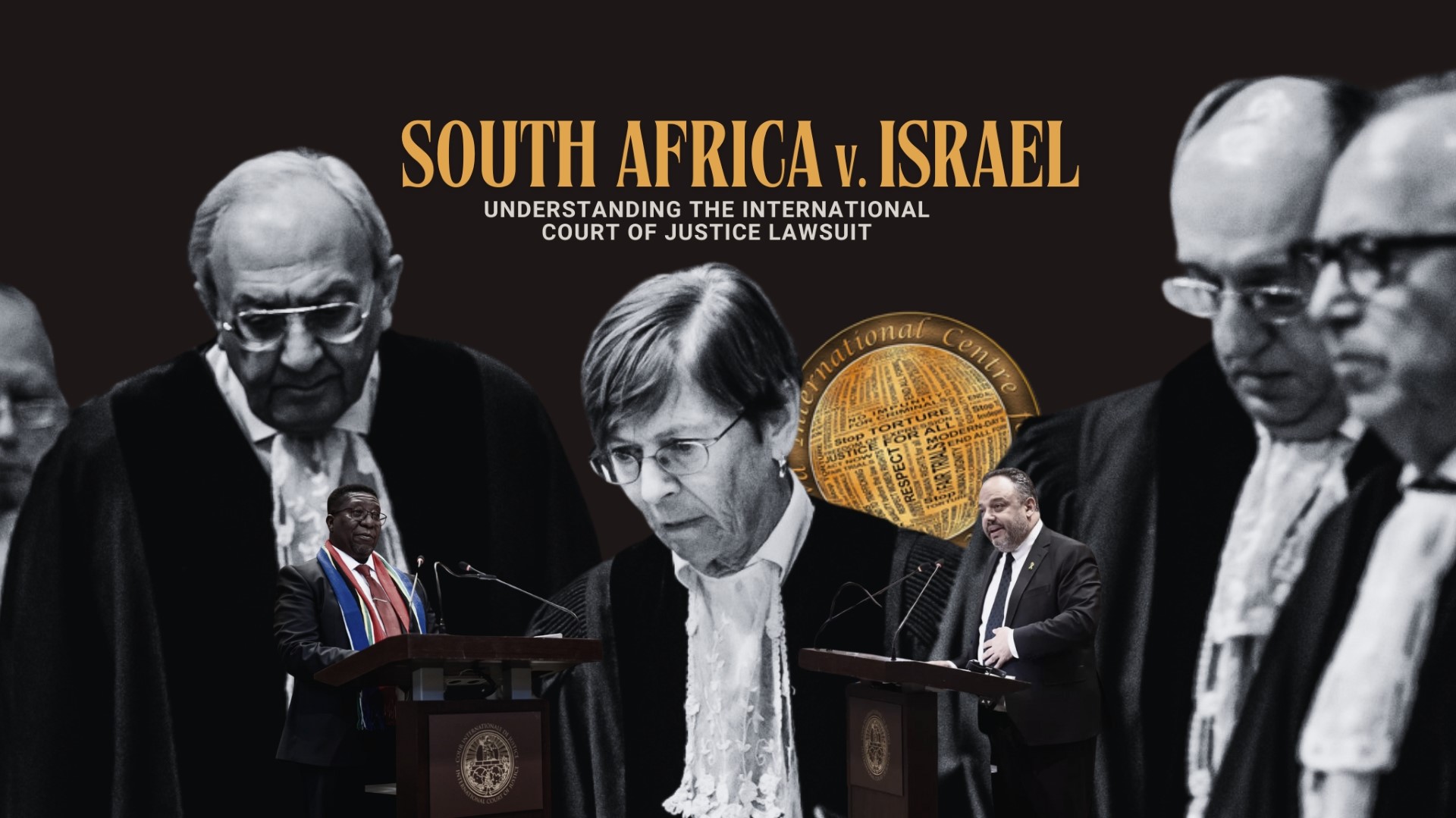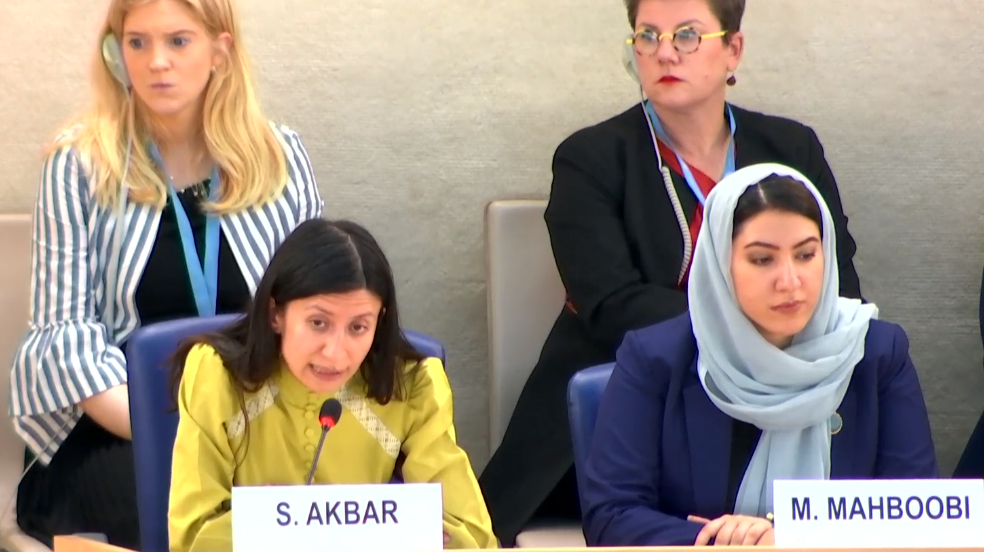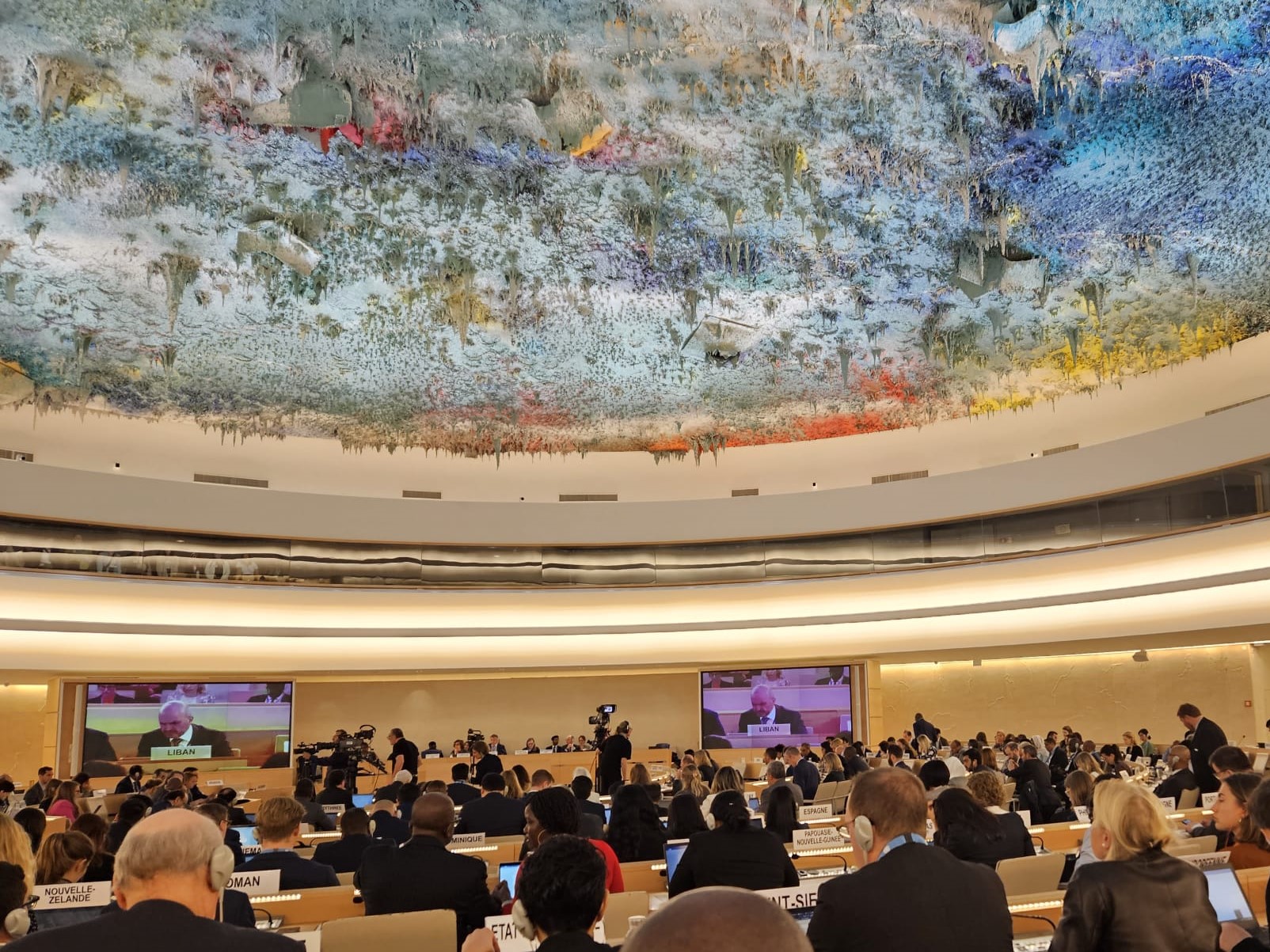The 48th Session of the UN Human Rights Council
13 September to 8 October 2021
Item 9: Racism, racial discrimination, xenophobia and related forms of intolerance: follow-up to and implementation of the Durban Declaration and Programme of Action
(4 October 2021)
Interactive dialogue with the Special Rapporteur on contemporary forms of racism, racial discrimination, xenophobia and related intolerance
Oral Statement of International Organization for the Elimination of All Forms of Racial Discrimination
Delivered by: Karin Heisen
Thank you, President.
We strongly support the Special Rapporteur and her report on racial discrimination and the use of digital technologies in border and immigration enforcement.
These technologies are informed by racially biased data and derived from a history of racist tools used to oppress people of colour. Biometric data and database sharing have their roots in the transatlantic slave trade and colonialism. Enslaved Black individuals were branded. Japanese Americans were interned using census data. Today, these historical tools are digitized.
If we don’t actively design and use technologies in an anti-racist manner, the cycle of structural and institutional violence continues.
EAFORD and the Geneva International Centre for Justice call for centering people of colour in knowledge production and migrants themselves in the design of border control technologies. In addition, experts on racism need to be involved.
We call for a moratorium on the sale and use of all surveillance technologies until they prove to be nondiscriminatory. A robust human rights framework must be set up. We strongly advocate for the Durban Declaration and Program of Action and encourage all States to fully implement it.
Member States, are you doing all in your power to implement anti-racist measures? In this interactive dialogue last year, the Special Rapporteur was unable to name a single good State practice where marginalised communities were involved in the designing of nondiscriminatory technology.
Thank you









